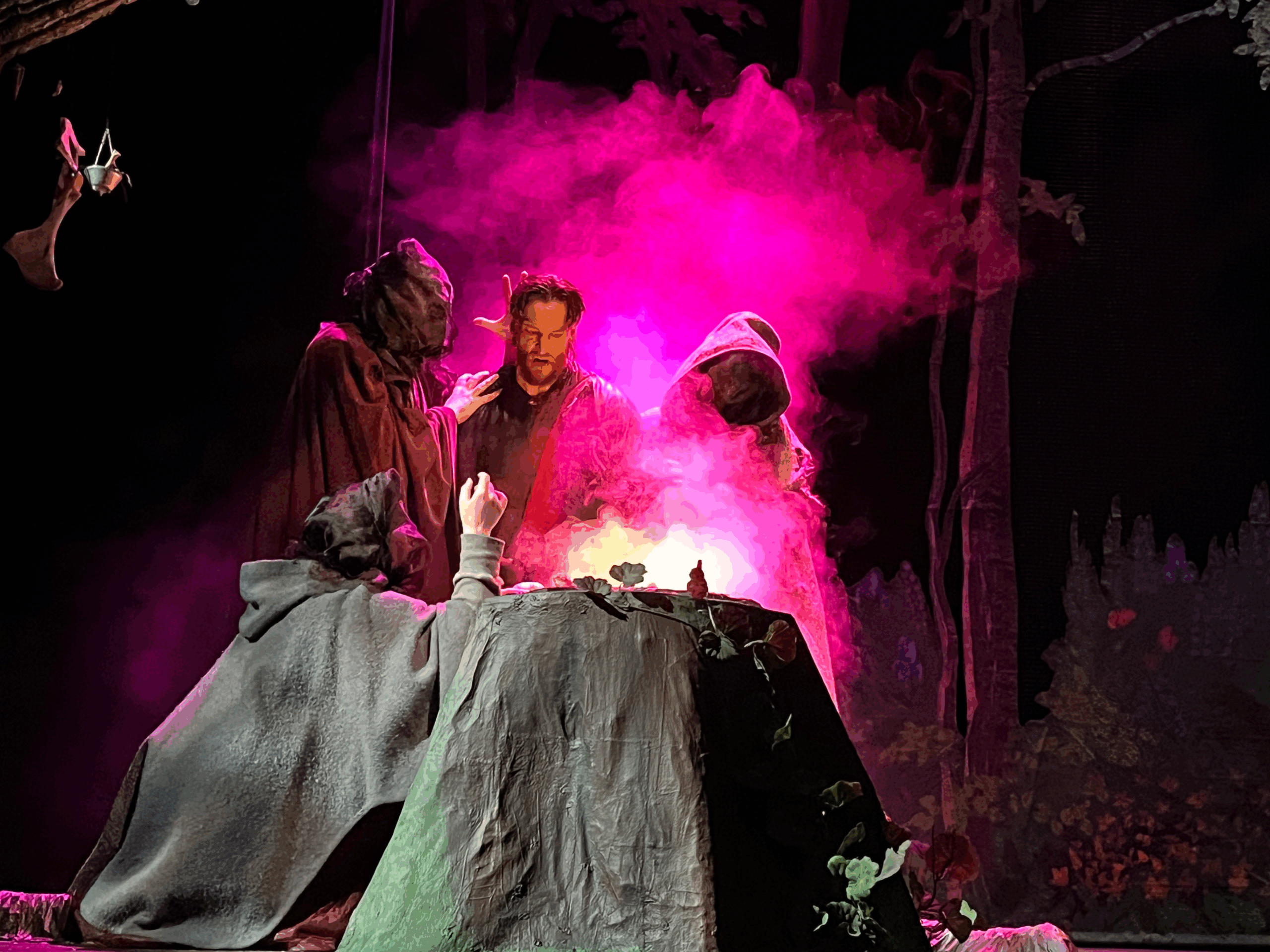Student Activity Fee Committee seeks to fairly distribute funds to student groups
Students tend to look at their tuition bills and wonder what student activity fees actually fund.
The Student Activity Fee Committee is working toward demystifying and fairly allocating these funds with second-year Lane Community College student Laney Baehler at the helm.
Student activity fees are portions of tuition that are distributed to a variety of student programming including identity clubs like the Black Student Union and the Native American Student Association as well as athletic departments, student clubs, and The Torch.
These fees, typically just a few dollars per student, help keep these programs running with funding for supplies, events, staffing and outings to name a few.
The SAFC meets every Friday afternoon to evaluate budgets and to begin the process of voting on the distribution of funds according to each group’s individual needs.
Of their progress and intent, Baehler said, “The Student Activity Fee Committee is working through going over the budgets of each fee-receiving group on campus. We have discussed over half of these groups and are on track to getting our budget recommendation done by the first week of Spring term!”
Baehler clarified the difference between equity and equality when it comes to the allocation of funding. Equality, in this context, would be the even distribution of resources across the board regardless of actual need. Equity, on the other hand, is based on fairness — distributing funds according to need and ensuring that all groups have what they require in order to be successful.
Director of Athletics Greg Sheley was at a recent meeting to answer questions regarding the budget he submitted for the basketball program and praised the committee for their commitment to the cause.
“While this [budget submission] was, in my opinion, very intensive work to try to get done, it really showed that you guys really wanted to try to find as much information as you could so that you’d be educated on these decisions.”
Sheley thanked the committee for their “due diligence” in developing a thorough understanding of each program’s needs and their impact on the LCC community. “We’re all in this together and we’re all trying to support things that can help this campus,” he said.
Lida Herburger, Dean of Student Success and advisor to the SAFC, spoke about offering campus-wide student surveys in the future in order to better promote a clear understanding of where these activity fees are going.
“Being the chair for this committee has been an experience of a lifetime, and I am very thankful for the continued support, patience, and diligence I have gotten from the advisors, presidents, students, and the committee members,” Baehler said. “I encourage everyone to take notice of what is happening on campus and to reach out to me if they would like to learn more about this process.”
The SAFC meets every Friday from 2-4 p.m.. in the student government office — located on the second floor of Building 1 — and encourages the LCC community to attend.
“All of our meetings are open to the public, however, our meeting during week nine (March 6) will be the most influential,” Baehler said. “That is the day the committee will be voting on an official budget.”



